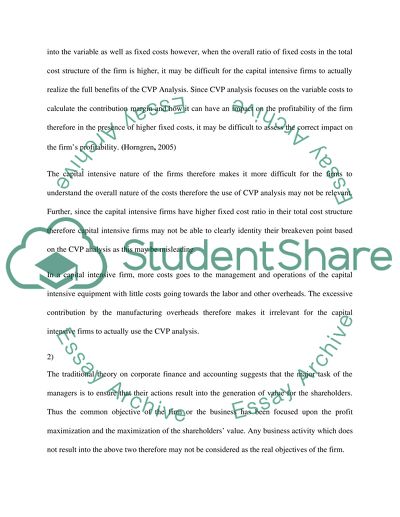Cite this document
(“Accounting for Managerial Decision Making Research Paper”, n.d.)
Accounting for Managerial Decision Making Research Paper. Retrieved from https://studentshare.org/finance-accounting/1437177-accounting-for-managerial-decision-making
Accounting for Managerial Decision Making Research Paper. Retrieved from https://studentshare.org/finance-accounting/1437177-accounting-for-managerial-decision-making
(Accounting for Managerial Decision Making Research Paper)
Accounting for Managerial Decision Making Research Paper. https://studentshare.org/finance-accounting/1437177-accounting-for-managerial-decision-making.
Accounting for Managerial Decision Making Research Paper. https://studentshare.org/finance-accounting/1437177-accounting-for-managerial-decision-making.
“Accounting for Managerial Decision Making Research Paper”, n.d. https://studentshare.org/finance-accounting/1437177-accounting-for-managerial-decision-making.


